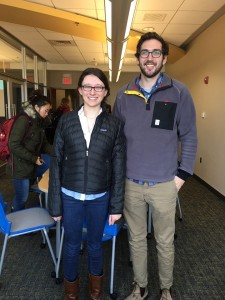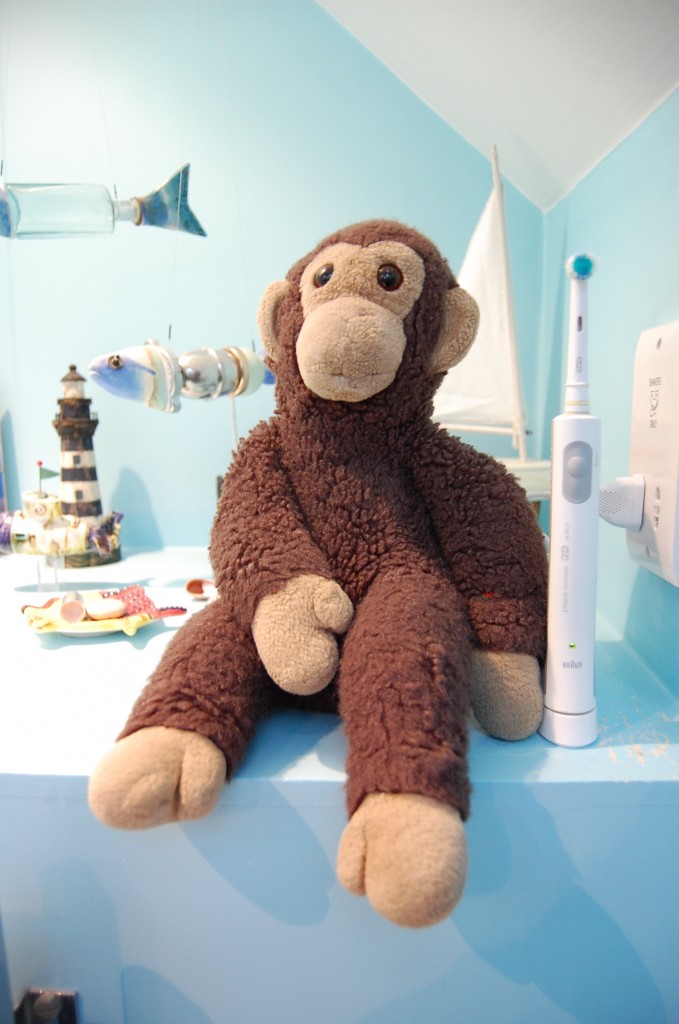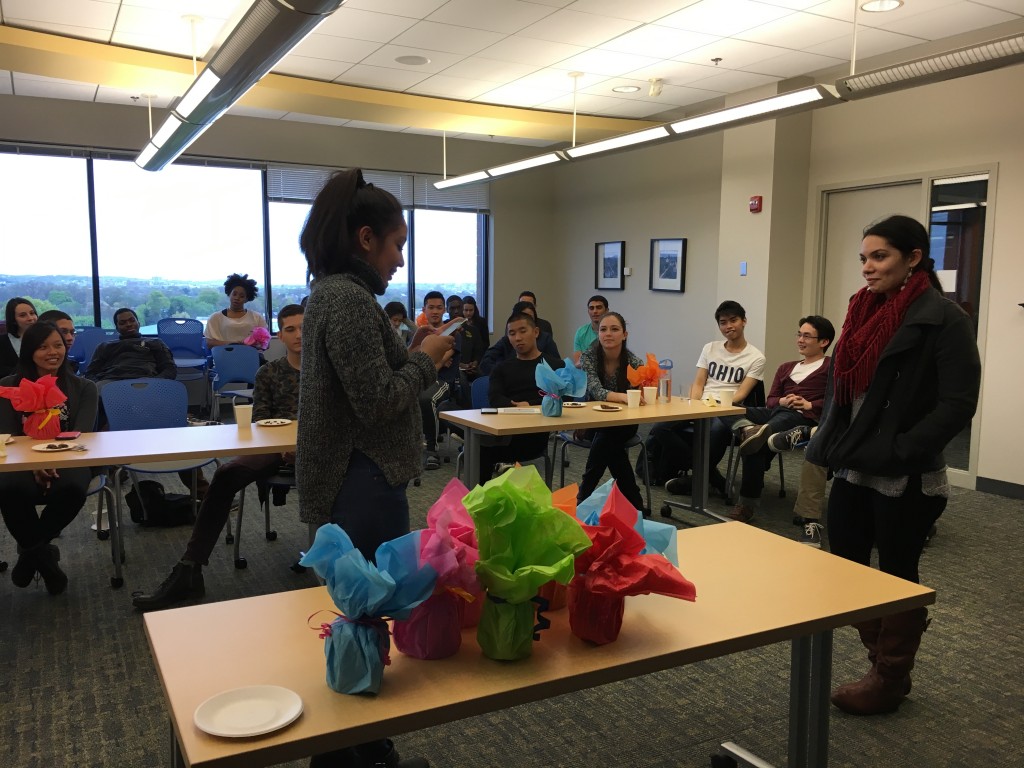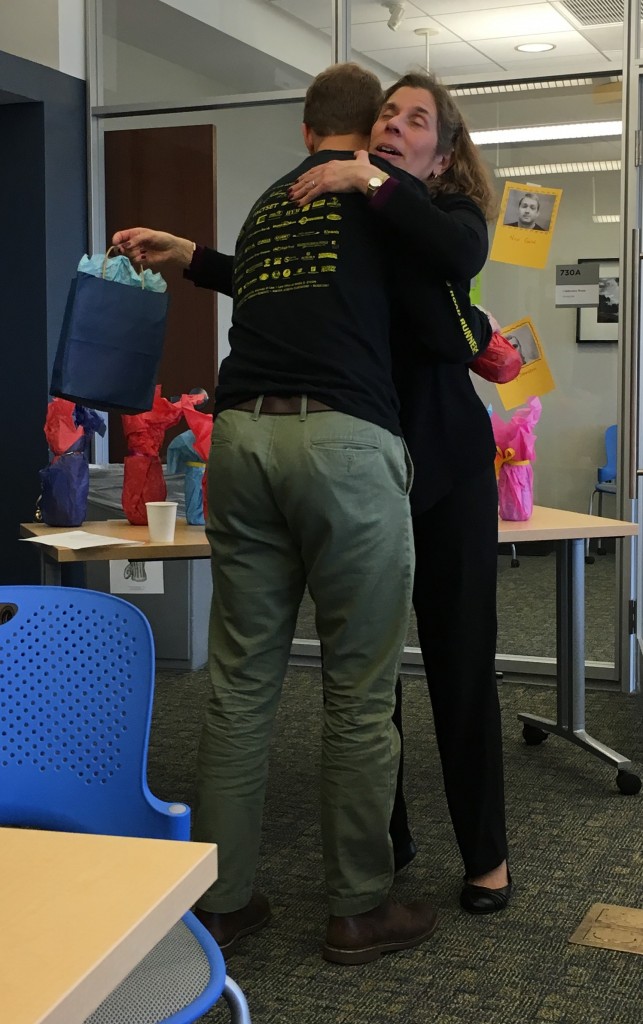M.D. Those two highly sought-after initials that refer to the completion of medical school carry a special sort of weight. The title becomes part of one’s name, representing a shift from student to doctor – but even in all its glory, earning an M.D is just a speck in the timeline of one’s journey throughout medicine. The journey of medicine is never “done,” and this is sort of a grapple for pre-meds who spend every waking moment checking off things on a list, always fighting to get to the next step. This sort of miserable and unmindful existence is something that afflicted me, and I want to share my experience on how the light of passion and purpose shined into my life.
Human health has always been a deep-rooted fascination of mine. Learning about human health helped me understand how my cousin, Reza, someone who never touched a cigarette in his life, could develop metastatic oral cancer and die at just 32 years of age. Even though I have genuinely always loved medicine, as I am sure you all do as well, the constant anticipation and anxiet y associated with jumping through the hoops leading to a career in medicine can act as a negative feedback loop where pre-meds may feel the need to compare themselves with one another. If you are looking exclusively at the next step, and only see the present as a stepping stone towards the next time you can check something off a list, you are going to miss out on exposing yourself to everyday pockets of beauty and new perspectives that can make you a stronger physician and a more fulfilled individual.
y associated with jumping through the hoops leading to a career in medicine can act as a negative feedback loop where pre-meds may feel the need to compare themselves with one another. If you are looking exclusively at the next step, and only see the present as a stepping stone towards the next time you can check something off a list, you are going to miss out on exposing yourself to everyday pockets of beauty and new perspectives that can make you a stronger physician and a more fulfilled individual.
Paul Kalanithi, the late neurosurgeon and author of When Breath Becomes Air once said, “You can’t see [medicine] as a job, because if it’s a job, it’s one of the worst jobs there is.” I think that people often see medicine as a sort of guarantee of stability, prestige, and meaning. And the cloudy irony of all this is that the field of medicine and the paths that lead to it are chock-full of uncertainty. First off, the great majority of college freshmen who identify as pre-meds never go on to become physicians (for a multitude of reasons). In the day-to-day life, physicians are faced with a stream of challenging decisions that often have no “right” or “wrong” answers. Physicians are no strangers to the many grey areas associated with life and its preservation, perhaps explaining why they are often eloquent writers who can beautifully tackle the big questions of our time. I think Paul Kalanithi epitomizes that sort of excellence, but at the same time he represents the very uncertain reality that we all occupy. Being diagnosed with lung cancer at age 36, nearly at the end of his neurosurgical residency, Dr. Kalanithi’s decades of working towards that end goal of becoming a neurosurgeon withered away when he was given the news of his illness. Undoubtedly, the concept of delayed gratification helps to justify the stepping-stone-to- stepping-stone lifestyle, but the instability of reality and our place in the world has since dawned on me.
A highlight of my naiveté freshman year was coming in dead set on the double majors of biology and computer science along with an almost aggressive goal of going to medical school. I didn’t see it at the time, but this was a grave mistake for me; the unstable binary associated with this situation arose from the fact that it all looked terrific on paper. I did have a deep fascination with life sciences and technology, but by scheming to take as few classes unrelated as possible, I was setting myself up for a rather narrow undergraduate education. The lingering pleasure of knowing I was going down a “safe” path was very quickly shattered by a lifestyle that was more about strategic campaigning to get to the next step rather than about living, learning, and the beautiful struggle for meaning that I now embrace.
I quickly began to realize that my relationship with computer science was more of a short-lived courtship. I saw tech as a medium through which I could make a global impact and secure my future. But the hours spent behind blinding screens, endlessly typing code in a language that is more understandable to machines than humans proved to be toxic for me. In addition to still being under the impression that the only road to medicine is through being a robot, I saw my cousin, Kaveh, pass away after a lifelong battle with addiction. My campus’ bubble was not impenetrable to the outside pressures of my family falling apart back home. Death has this remarkable ability to distill life; it vaporizes the insignificant, leaving behind what truly matters. And so, one day I sat behind my computer and looked at the Intro to Comp Sci class on my transcript and committed one of the greatest sins in the proverbial pre-med holy book: I withdrew from the class. Almost immediately after, several questions suddenly darted through my psyche. What were medical schools going to think of this? How will I explain this to my parents? How could someone who has published four applications on the Android app store not be able to complete an introductory coding course? Yet like a rubber band being stretched beyond the point of no return, I felt a snap of relief. This is the first time in my life the almost-chaotic reality of uncertainty and instability felt okay.
I really began to fly as I completely stopped treating school as a chore. I had l glimpses into the beauty of the enlightenment provided by a liberal arts education, such as when my anthropology class fascinated me with the indefinite nature of aspects of everyday life that humans like to put into categories.. After shadowing a physician soon after, I was exposed to the everyday uphill battles and frustrations that are inseparable from treating patients. There were patients who did not trust the doctor’s word. There were patients who refused to take their medicine. There were patients who would yell in the waiting room if they were not given their Percocet prescription. Oddly enough, practicing medicine is very similar to farming. Dusk till dawn is spent maintaining delicate balances needed for crops and animal inhabitants of the farm to thrive. Sometimes irrepressible catastrophes happen, whether a tornado or a disease that clears acres of hard-won crop families. But it’s the grit and deep connection for the farm that makes a farmer, and there is no finish line. In the same vein, medicine is a lifestyle, and it is unforgiving to those who seek consistency, security, and comfort. Now, I treat every day as a rewarding time to make meaning out of the significant and the insignificant, and hope to go to medical school to continue to answer the big questions. I have never been happier.
Nick Kamkari
Class of 2020






